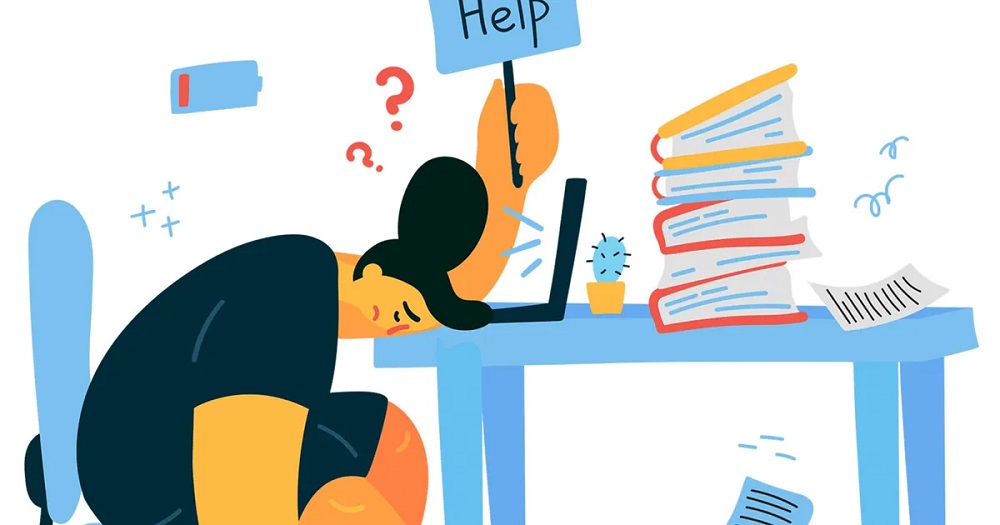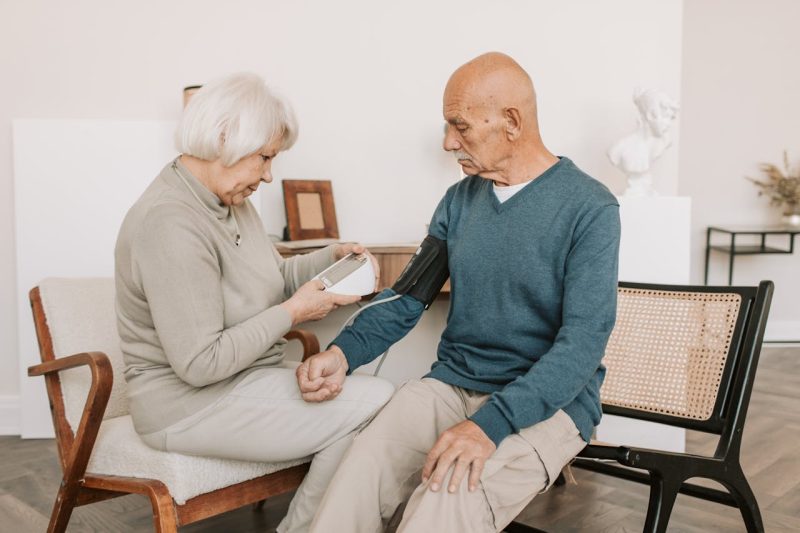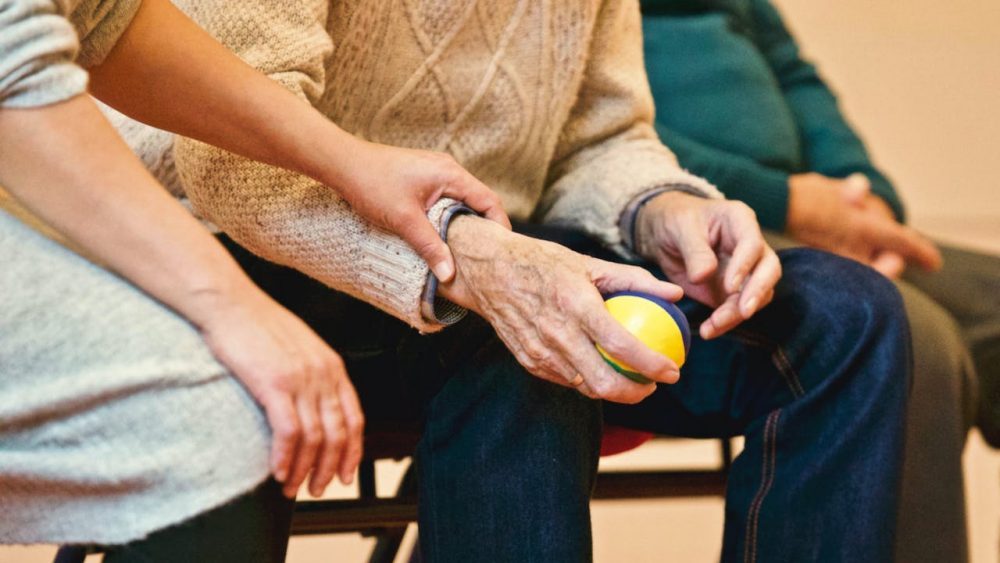Burnout is a prevalent problem today, and it can seriously affect your physical, mental, and emotional well-being. The symptoms include feelings of detachment and cynicism, a lack of motivation, and decreased performance.
If left unaddressed, burnout can lead to more severe health issues. Recovering from burnout is a process that takes time and effort, but it is possible. Here are some tips on how to recover from burnout:
Take a Break
The first step to recovering from burnout is taking a break. This means taking time off work or other responsibilities and disconnecting from sources of stress. Depending on the severity of your burnout, you may need to take a few days or even a few weeks off. Use this time to rest, relax, and engage in activities that bring you joy.
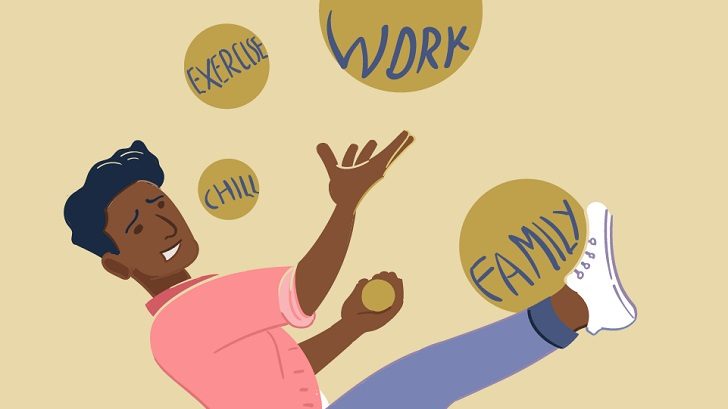
DDH/ Pinterest | Being overwhelmed means that your life or work is overpowering you
Find Meaning in Your Work
Burnout often occurs when individuals feel disconnected from their work and lose a sense of purpose. Try to find meaning in your job by identifying the parts of your work that you enjoy and focusing on those. You may also find it helpful to set goals and find ways to make a positive impact on your work.
Consider a Career Change
If you find that you are consistently experiencing burnout in your current job, it may be time to consider a career change. This could involve exploring new job opportunities or even returning to school to pursue a different career path. Remember, it's never too late to change and prioritize your well-being.
Practice Self-Care
Self-care is essential for recovery from burnout. This means taking care of your physical, mental, and emotional well-being. This may include getting enough sleep, eating a healthy diet, exercising regularly, and engaging in activities that reduce stress, such as yoga or meditation. You may also want to seek professional help, such as therapy or counseling, to address any underlying issues contributing to your burnout.
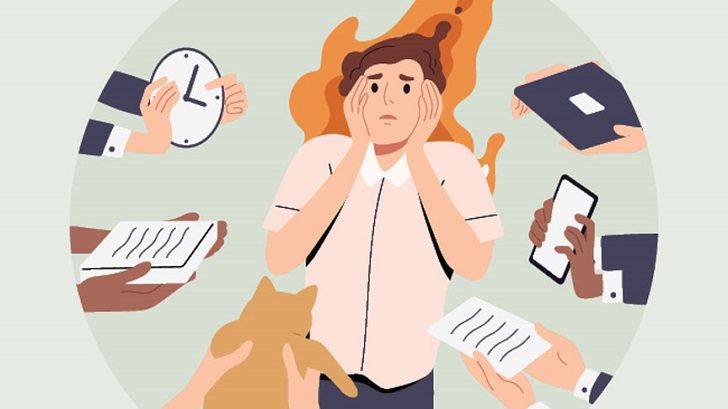
DDH/ Pinterest | The wise rest at least as hard as they work
Set Boundaries
One of the primary causes of burnout is over-commitment. To prevent future burnout, setting boundaries and prioritizing your time and energy are essential. Learn to say no to commitments that are not essential or will drain your energy. Set realistic expectations for yourself and others and communicate your boundaries.
Reconnect With Your Passions
Burnout can make it challenging to find joy in life. To recover from burnout, it's essential to reconnect with your passions and the things that bring you happiness. This may mean engaging in hobbies or activities you enjoy, spending time with loved ones, or pursuing new interests.
Practice Gratitude
Gratitude is an essential component of recovery from burnout. Practicing gratitude can help shift your focus from negative thoughts and feelings to positive ones. Take time each day to reflect on what you are grateful for, and make a conscious effort to appreciate the good things in your life.

GETTY/ Forbes | Burnout is a byproduct of a dysfunctional work environment
Take Small Steps
Don't try to do everything at once. Instead, focus on making small changes that will help you feel better. This may mean taking a short walk each day, practicing mindfulness for a few minutes each day, or setting aside time each week for a hobby you enjoy.
Seek Support
Recovering from burnout can be challenging, and seeking support from loved ones, friends, or a professional is essential. Talking about your feelings and experiences can help you feel less alone and provide valuable support and guidance.

